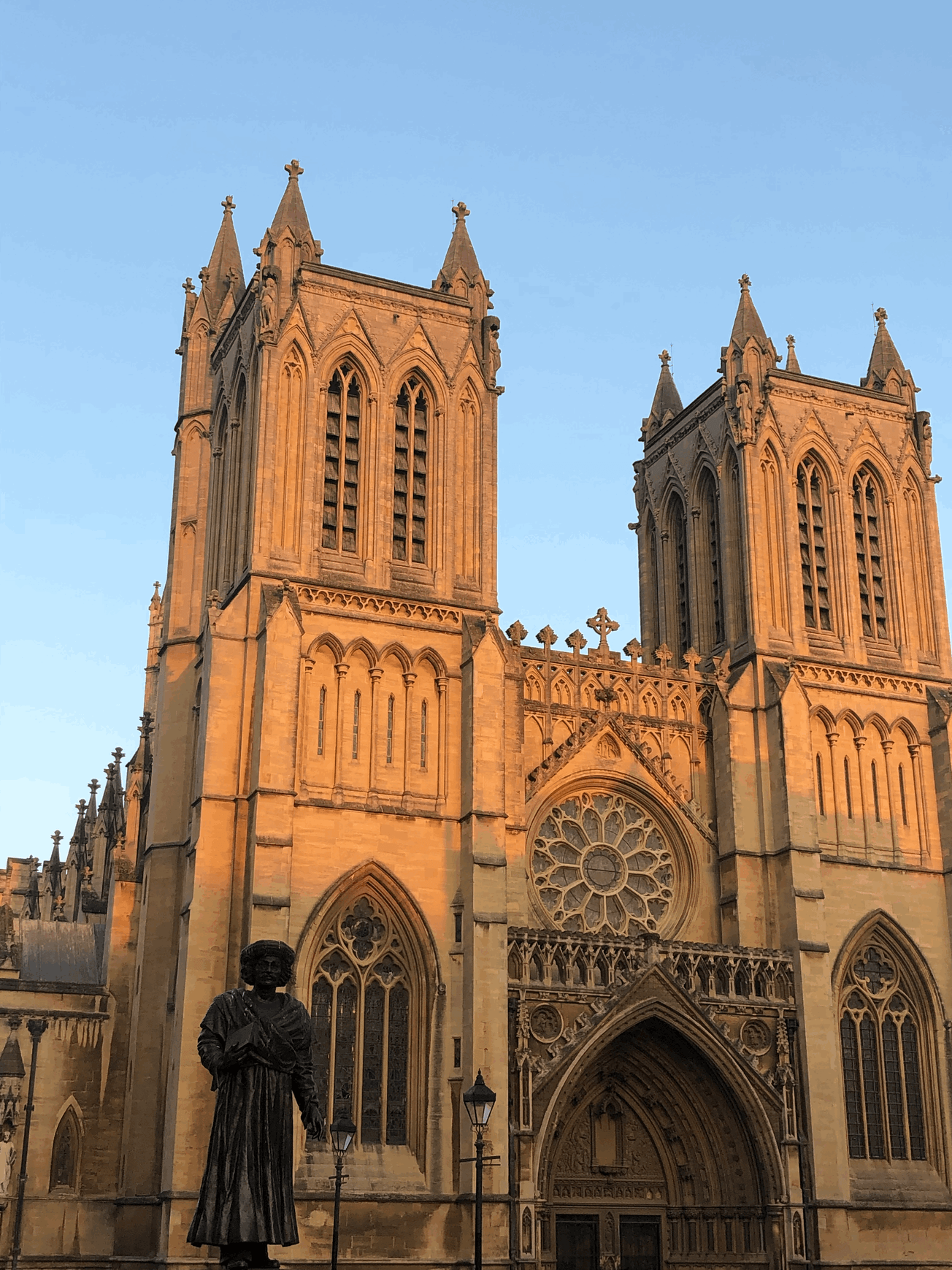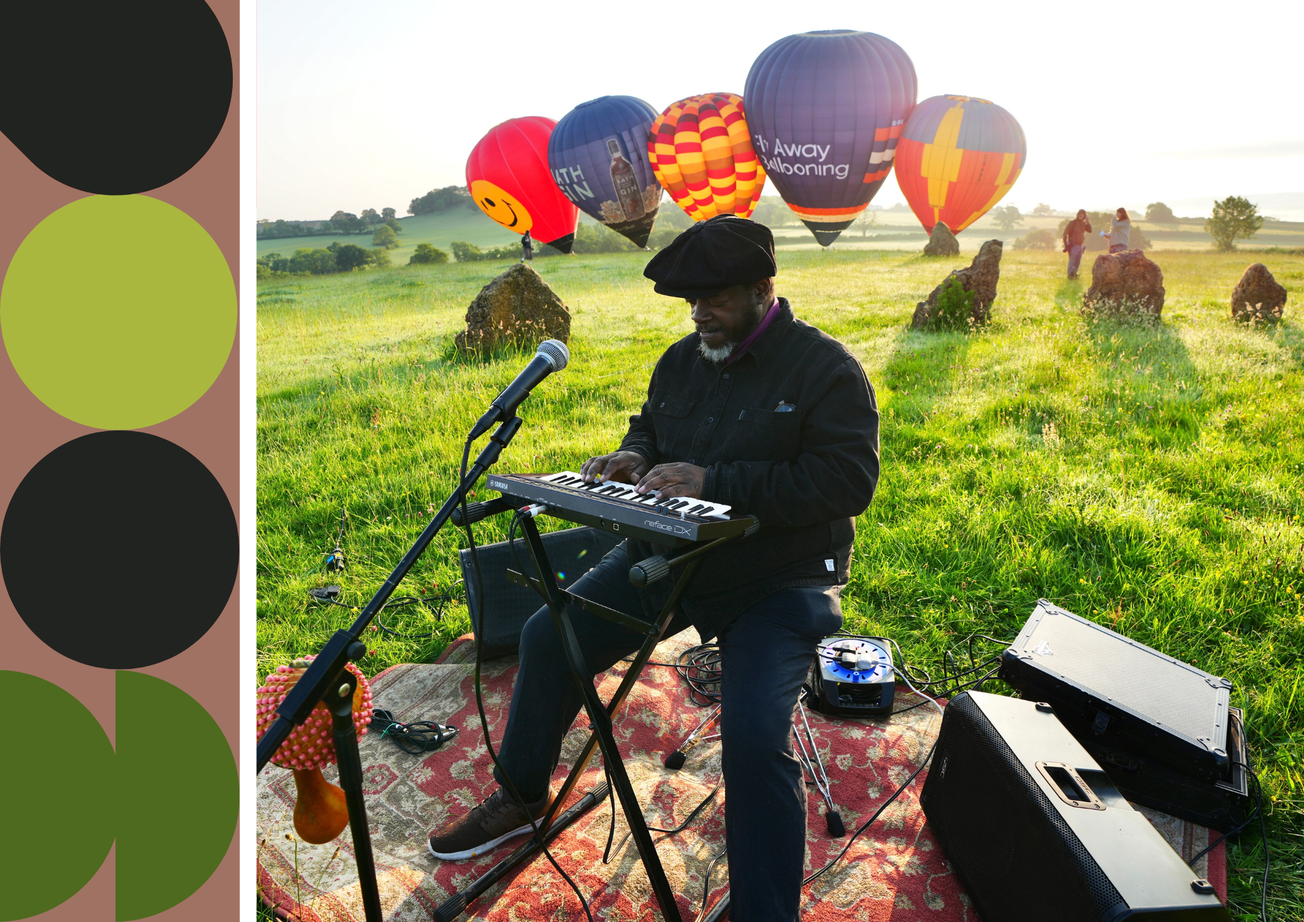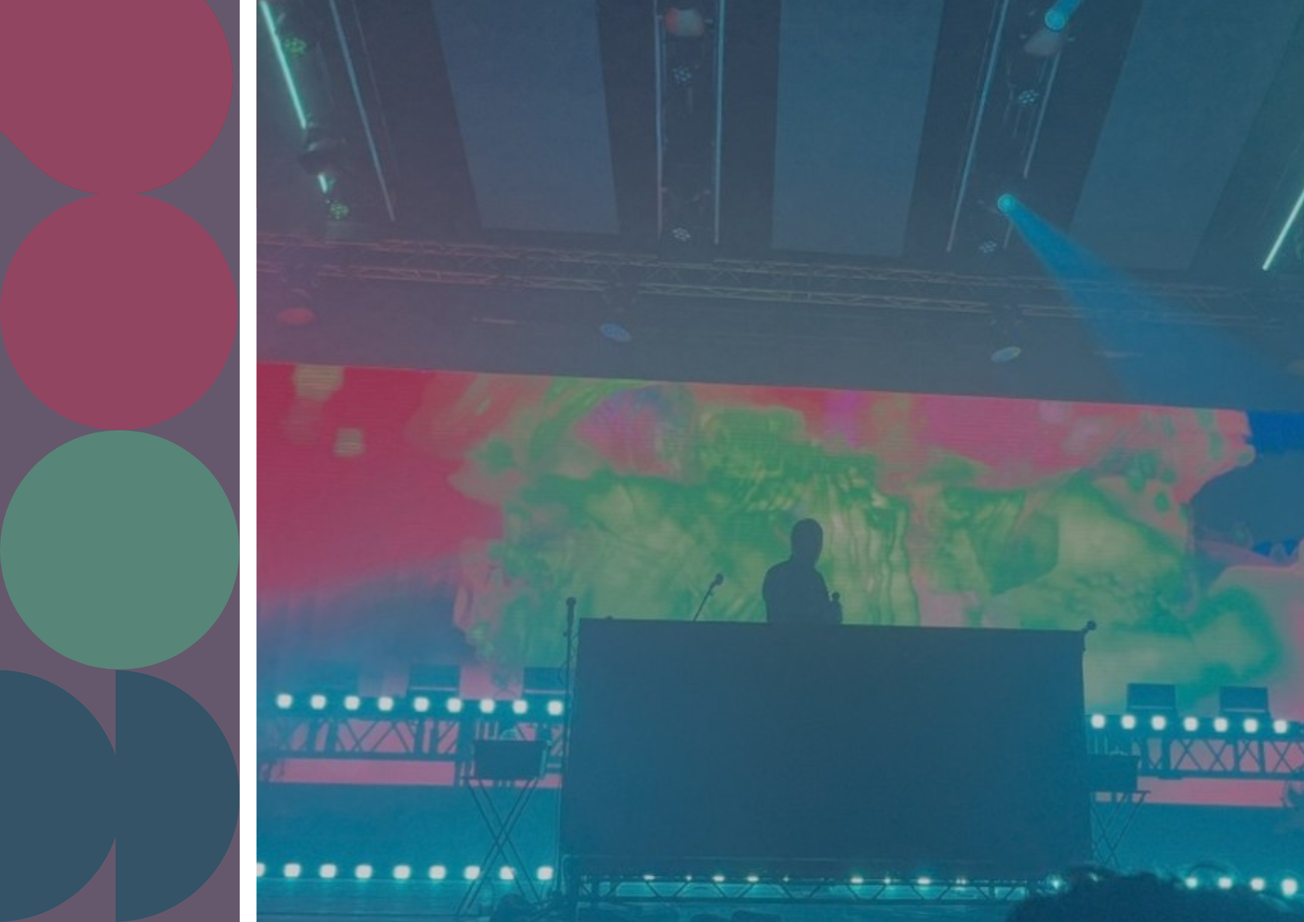By Edward Crowson, Third Year Politics
On the small lawn of Bristol Cathedral, a crouched figure sits with her knees drawn up inside the hollowed-out representation of a leaf. The statue named ‘Refugee’ depicts the story of Naomi Blake, née Zissi Dum, a sculptor, mother, and Holocaust survivor.
Naomi was born in 1924 to a large Jewish family, part of the then thriving Jewish community of Mukacevo, Czechoslovakia. However, like so many of Europe’s Jewish communities who fell under the influence of the Third Reich and its collaborators, Mukacevo’s Jewish community was all-but destroyed.
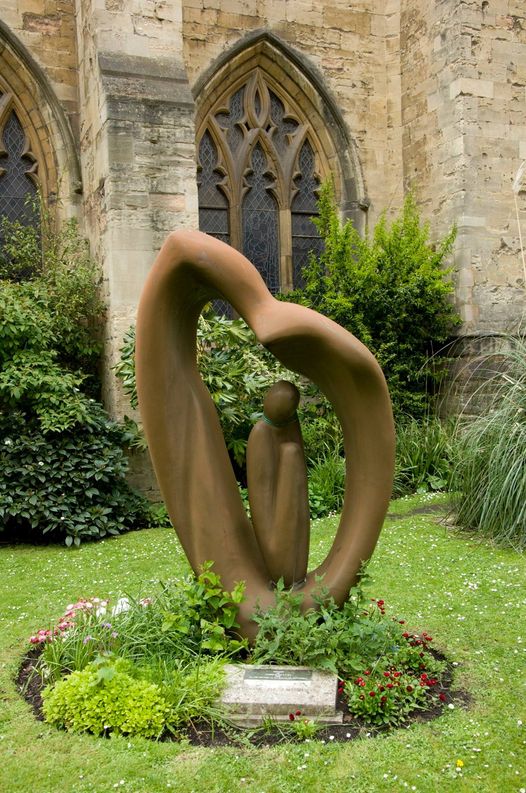
In 1942, Naomi’s immediate family included 28 direct family members: her parents, nine siblings, six of their spouses and ten young nieces and nephews. By 1945 only eight members remained; the rest had been murdered in concentration camps. Naomi’s happy childhood was over.
Every year on Holocaust Memorial Day, Naomi’s daughter, Anita, relates her mother’s story. She shares how she survived Auschwitz and Brahnau concentration camps, how she risked her own life sabotaging the Nazi war effort, and later rebuilt her life becoming a highly successful sculptor.
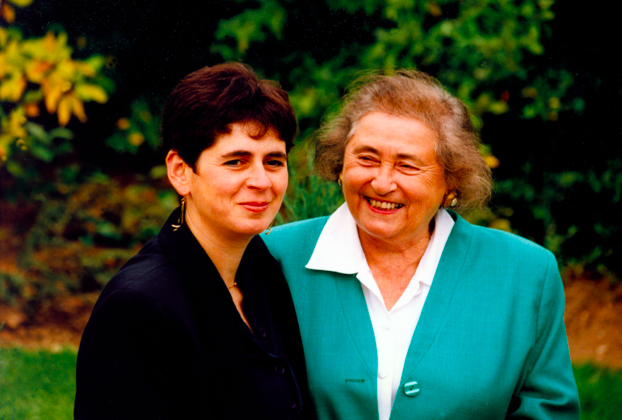
Anita’s goal, united with that of other second and third-generation speakers, is to continue to share their parents and grandparents’ legacies with us. They do this so that we can continue to learn from the past, and to act for a better future. After all, without challenging racism, discrimination, hatred, and intolerance we run the risk of them becoming normalised, creating an environment where genocide can take place.
We should all take inspiration from the work of Anita at this crucial juncture in time. As the Holocaust moves further into the past and more and more survivors pass on, it is Anita’s commitment to sharing her mother’s story that ensures their legacies are kept alive.
It is this commitment to ensuring history remains ‘living’ which makes organisations like the Holocaust Educational Trust and Generation2Generation so vital. Both charities enable survivors, and their descendants, like Anita, to share their testimony to thousands of people across the United Kingdom ever year.
Through sharing these testimonies, we are encouraged to collectively reflect on how as a society we allowed this to happen. Many of the survivors I have had the pleasure to meet have asked us, their witnesses, to learn from their experiences so that we never to allow such atrocities to be repeated.
This message, of never again, is at the core of Holocaust Memorial Day. This day, which marks the anniversary of the liberation of Auschwitz-Birkenau, is a time to remember those who were persecuted in the Holocaust along with those who suffered and continue to suffer in other genocides in Cambodia, Rwanda, Bosnia, and Darfur. It is a time to listen and learn, so that we can understand the patterns that lead to genocide.
Through sharing these testimonies, we are encouraged to collectively reflect on how as a society we allowed this to happen.
What shape this learning takes does not matter; you don’t need to become an expert in Holocaust studies to make a difference. It can be as simple as hearing a survivor’s story. Often it this simple act that makes the most difference. I for one would never have been inspired to become a Regional Ambassador for the Holocaust Educational Trust if I hadn’t heard the story of Eva Clarke BEM four years ago. There is no doubt in my mind that her and her mother’s story of resilience and hope changed my life.
It is this inspiration that I hope to share with as many people as possible, and a reason why I and other Regional Ambassadors for the Holocaust Educational Trust this year have organised along with Bristol University’s Jewish, and History Societies for Generation2Generation speaker, Vera Bernstein to share her mother’s story with university students and staff tonight.
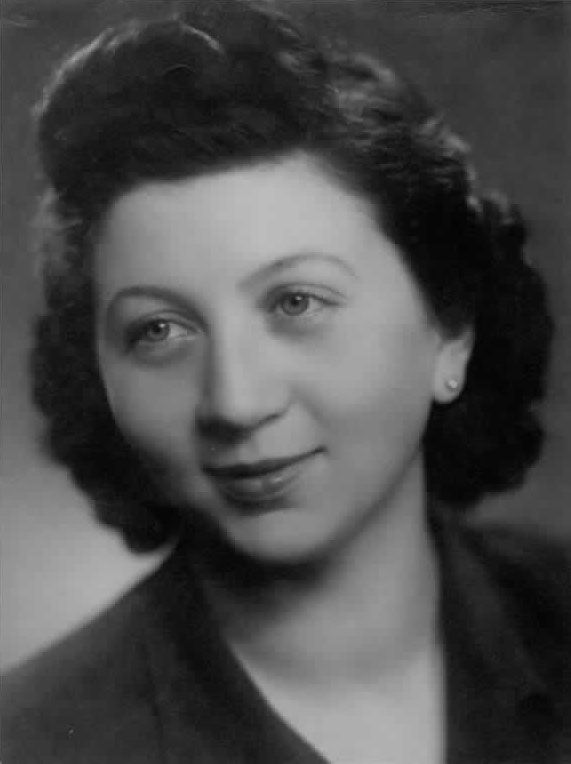
Vera will share how her mother, Alice Svarin, a courageous, no-nonsense woman, was able to adapt to changing circumstances and survive under Nazi rule. It is our responsibility as the younger generations to continue to learn from people like Vera and Anita, and to take on the mission of honouring the legacy of all those who have suffered.
If you would like to attend tonight’s event and hear Alice’s story via Zoom please register here. The event will take place on Zoom from 6-7pm.
Featured Image: Epigram / Flossie Palmer
How will you be commemorating Holocaust Memorial Day this year?

